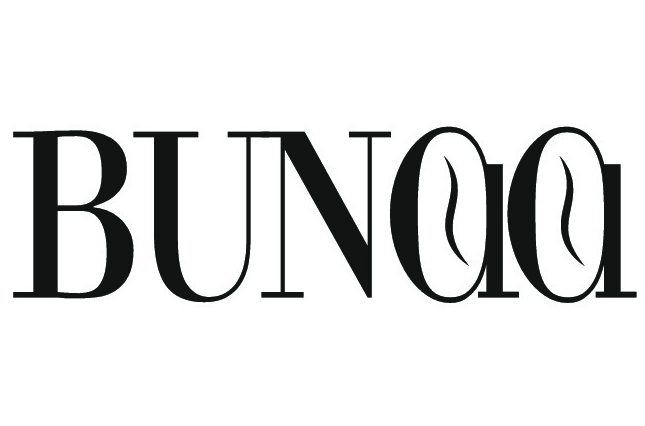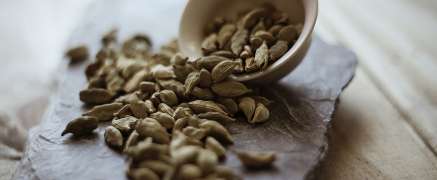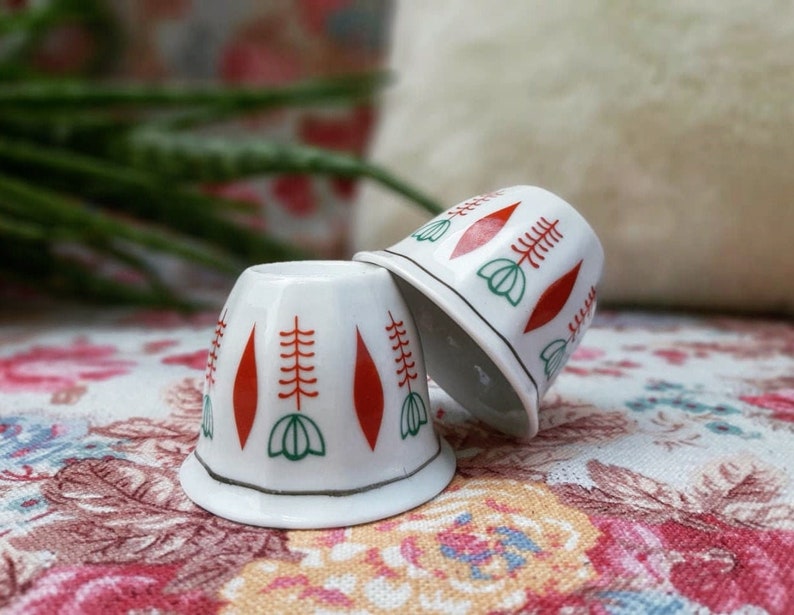Arabic Coffee has a long tradition
- Before coffee spread throughout Europe, Asia and South America, the first coffee houses already existed in the Middle East in the 16th century.
- Unfortunately, after many years of civil war, there are no historic cafes in Beirut.
- In Tripoli, on the other hand, there are some quaint cafes where you can drink Turkish coffee with a narghile pipe.
Arabic Coffee – Traditional Preparation
In addition to traditional Bedouin coffee, Turkish or Arabic coffee, today you can also get espresso-based coffee beverages.
Advertisment
Arabic coffee – Qahwa/ Quahwa
- Arabic Coffee is coffee with cardamom. In Lebanon you can buy it as a ready mix. And so you can easily do it yourself at home.
- Mix 15-20 g finely ground coffee with 3 g cardamom.
- Add 300 ml of water, 1-2 tsp of sugar and the coffee mixture to a small coffe pot (Rakweh), stir well and boil three times.
- Serve in small Arabic mocha cups called demitasses and baklava.
- As with Turkish coffee, the coffee grounds gets into the cup. Therefore, wait before drinking until the coffee grounds have settled.
- On the street there are also merchants offering Arabic coffee from large metal cans (Dallah) with built-in hotplate.
Kahwe Bayda/ Café Blanc/ White Coffee (قهوة بيضاء)
- Although it translates to milk coffee, this drink has nothing to do with coffee.
- The white coffee was invented in Beirut and is hot water scented with orange blossom water.
- For 6 glasses, heat 1 liter of water with a little lemon peel, 4 cardamom pods and 5 tbsp orange blossom water, let simmer for about 4 minutes (do not boil).
- Bring to a boil and pour directly into tea glasses and sweeten generously with sugar or honey.
- Café Blanc calms the nerves and stimulates digestion after a particularly rich or heavy meal.
Advertisment
Kahwet al-balùt
A coffee-like drink made from roasted acorns.
For advertising links on this page the dealer may pay a commission. These advertising links are marked with an asterisk (*) – images and banners are marked with “Ads” or “Advertisment”. There are no costs for you. Find more information in the data protection regulations here.








